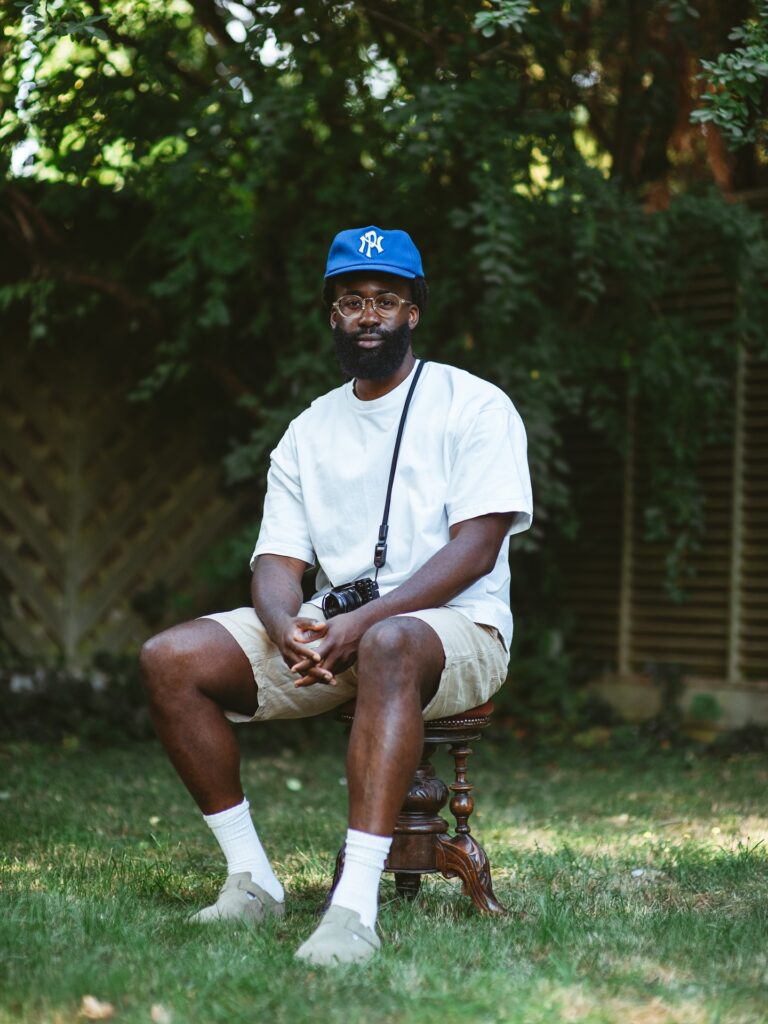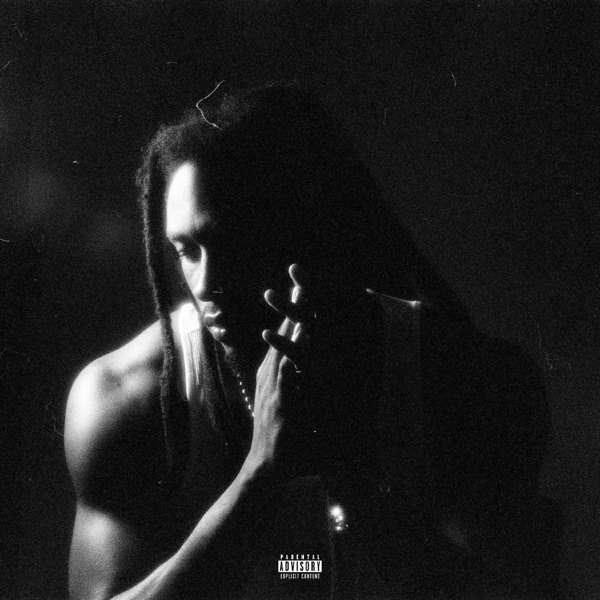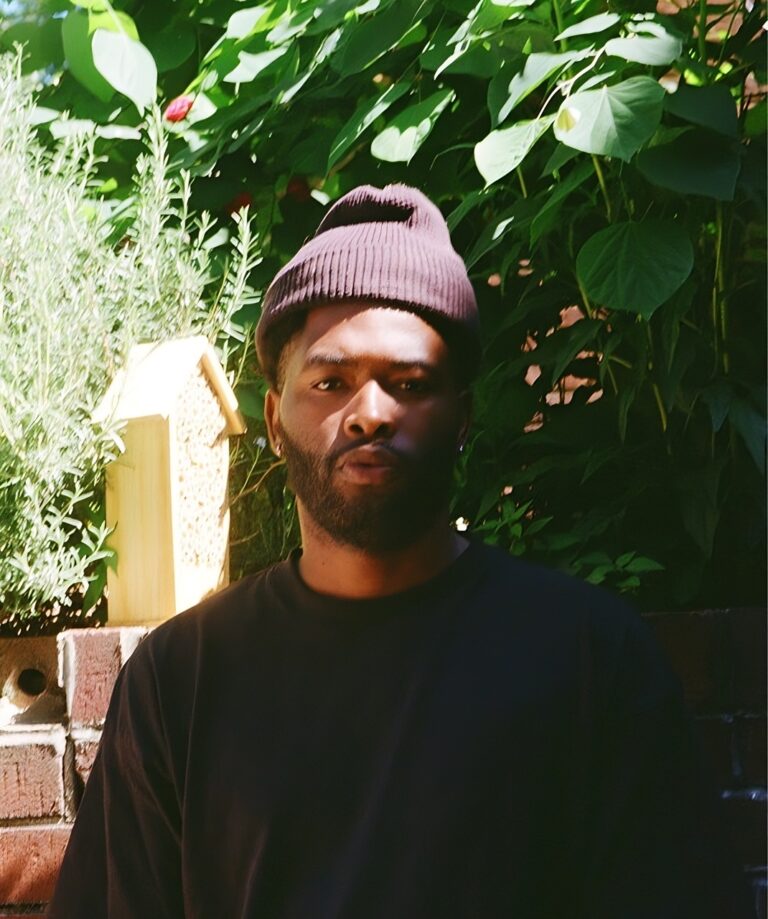Picture this: 52 floors up, Thames glittering below like a slow black river, and two generations of British rap royalty sharing steak in the corner. Dave, 27, eyes wide like he’s still the kid from Streatham who first heard “P’s & Q’s” in a mate’s bedroom. Kano, calm as ever, cutting through the noise with the kind of quiet that only comes after you’ve lived every bar you ever wrote.
“Chapter 16” isn’t a song, it’s a passing of the torch you can actually hear crackle. Over James Blake’s soft piano tears, Dave asks the questions we all carry when the dream finally arrives: did I lose myself on the way? Does any of this still matter? Kano doesn’t preach; he just answers like an older brother who’s already bled on the same stones. “Some years worsen you, some better you.” That line alone feels like rain on hot pavement.
The whole album, The Boy Who Played the Harp, is Dave staring into the mirror he bought with the advance money. “175 Months” is him on his knees talking to God about blood diamonds and prayer mats. “My 27th Birthday” stretches eight minutes of pure ache—fish supper in the Caribbean while locals get barked at, Dubai hotels built on modern slavery, coming home to a big house that still feels empty. He’s not flexing anymore; he’s trying to figure out if healing would betray the pain that made him.
And yeah, the beats stay mostly hushed—piano, space, breath—because this isn’t the soundtrack for the yacht, it’s the morning after. When Tems floats in on “Raindance” or Jim Legxacy flips “No Weapons” into something you can actually nod to, those moments feel like sunlight breaking through council-block blinds.
But the heart is that dinner with Kano. Two Black men from ends that never promised them this table, trading truths instead of clout. Kano tells him to take the pictures, let people love him, stop waiting for the guilt to lift before he lives. Dave listens. You can hear the penny drop.
Sometimes the realest rewilding isn’t forest trails—it’s two mic legends reminding each other they’re still human under the plaques.





